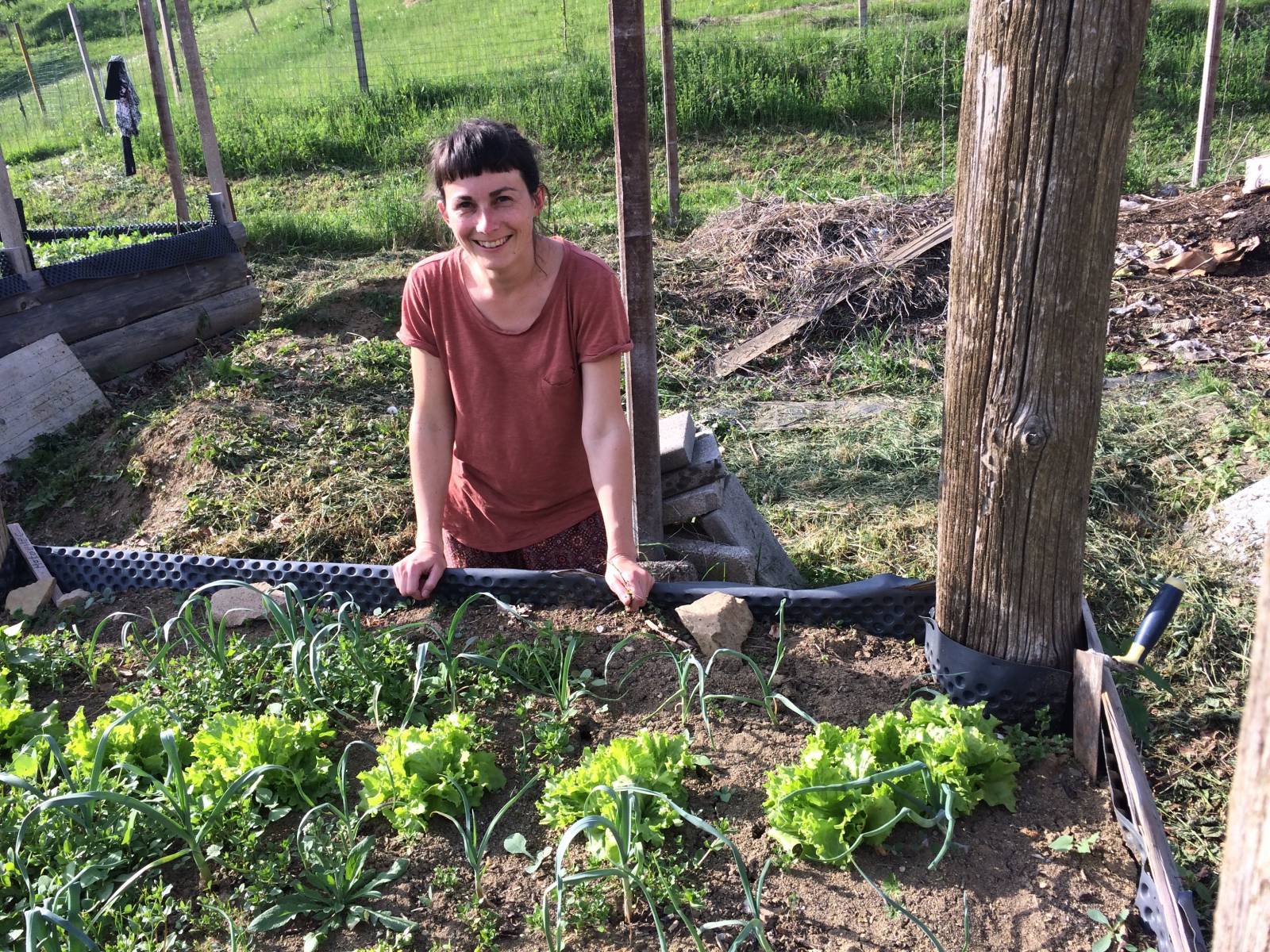Barbara Turk-Niskac has received Marie Slodowska-Curie Action -post-doctoral followship funding for the project ’A PATCH OF LAND: RE-CONSIDERING WORK AS A LIFE-SUSTAINING PRACTICE IN THE POSTSOCIALIST SEMI-PERIPHERY THROUGH INTERGENERATIONAL CHILDHOOD MEMORIES’ and will work in ECEPP with Professor Zsuzsa Millei and as an intern for altogether 3 months with Dr Pauliina Rautio at the University of Oulu.
PatchWORK explores work in the context of sustainable land cultivation in the post-socialist semi-periphery as a life-sustaining practice embedded in more-than-human relationality, reciprocity and care through the lens of intergenerational childhood experiences. The project aims to open up alternative trajectories towards sustainable co-existence with our living environments through work, and to develop a theory of work that is not caught by mere economic rationality, but is embedded in a human and-more-than-human relationality.
Three central approaches contributing to the retheorization of work underlie this project:
1) thinking through childhood memories approach enables to document and examine mundaneintergenerational sustainable practices and human and more-than-human relationalities that fall outside of contemporary science’s attention;
2) a post-socialist decolonial approach that seeks to bring into view those knowledges and practices that have been subjugated by Westernenvironmentalism and contest ’necro-’ and ’turbo-neoliberal capitalism’ and its land practices;
3) an intersectional approach to age, gender and social class that allows for an analysis of gender relations and social class in relation to children’s participation in sustainable practices.
PatchWORK employs an innovative interdisciplinary methodology that includes sensory walks, collective biography workshops, citizen science and secondary analysis from previous ethnographic fieldwork. Retheorizing ’work’ as the main outcome of PatchWORK will contribute to scientific advances across disciplines with two co-authored articles, an English-language monograph, and a museum exhibition. PatchWORK will contribute to re-theorization of work, to the inclusion of childhood in mainstream theory, and to the development of a knowledge base on traditional and sustainable land cultivation practices.

